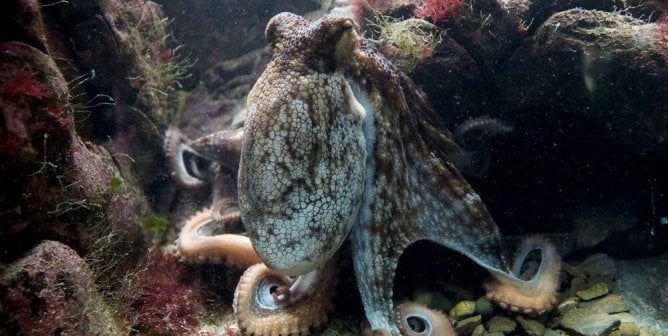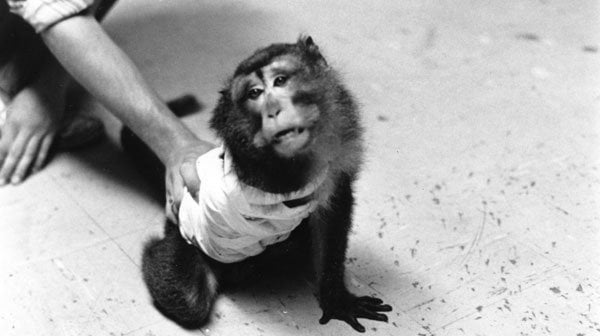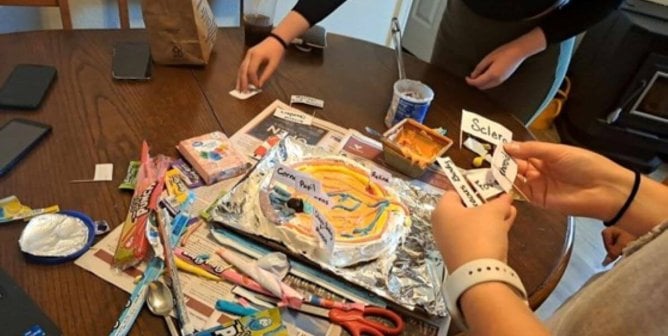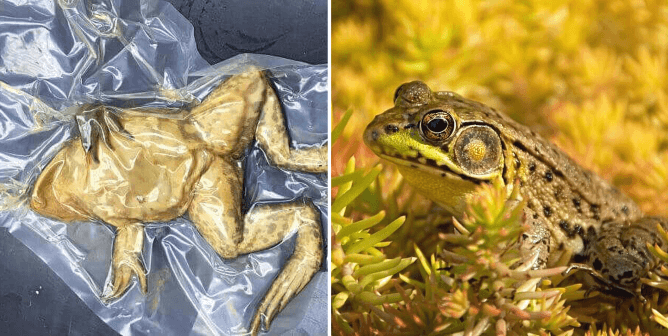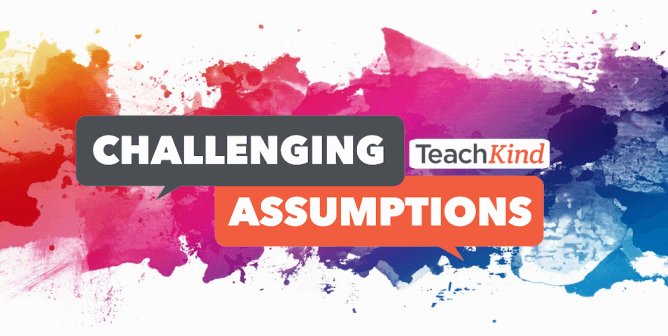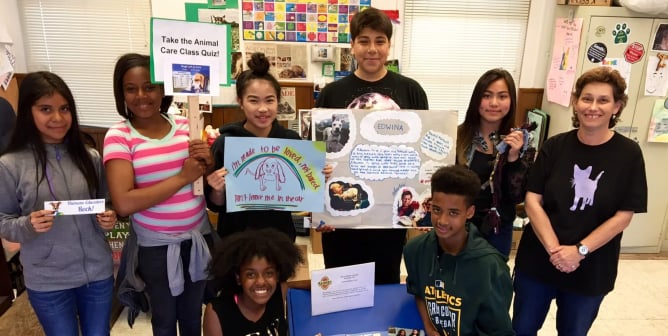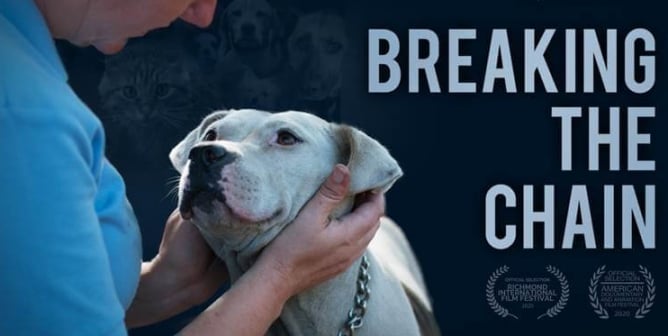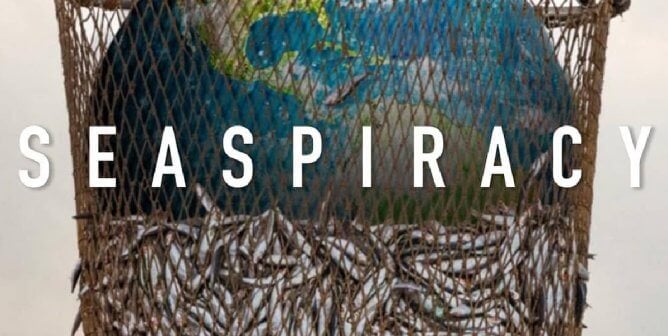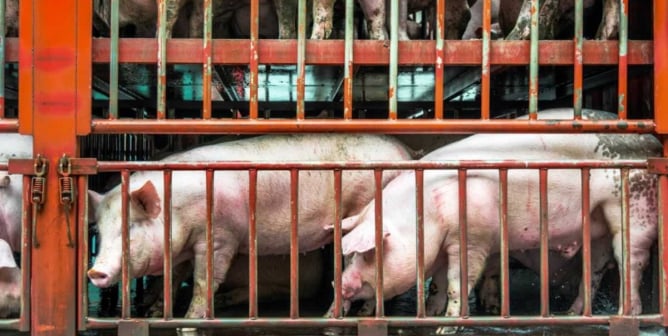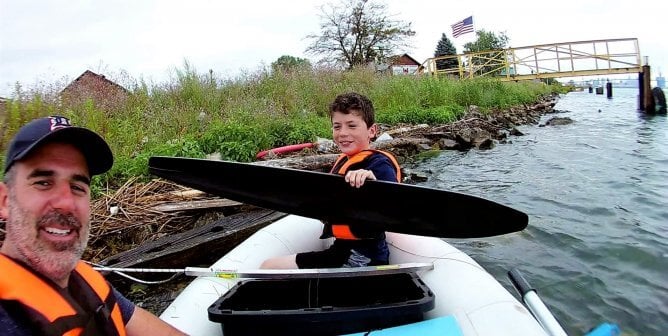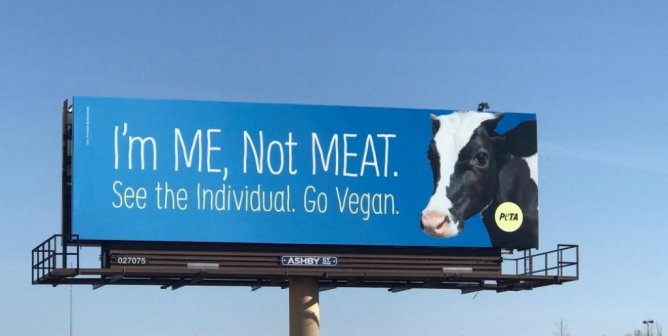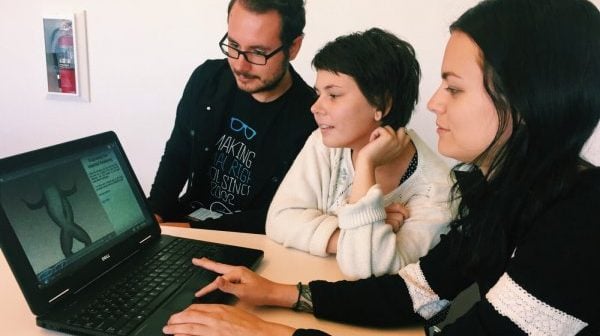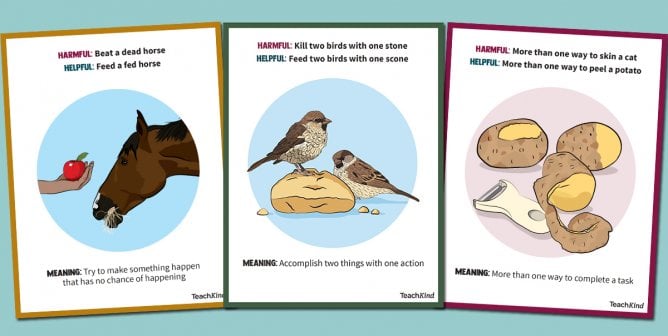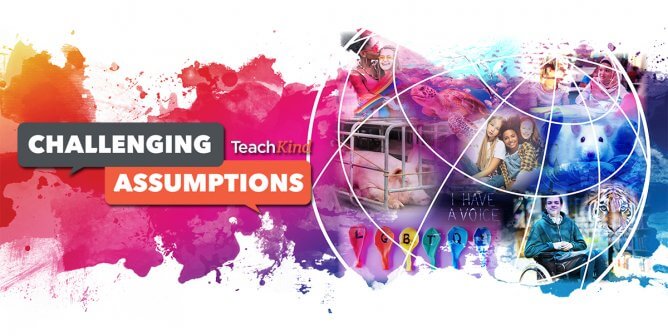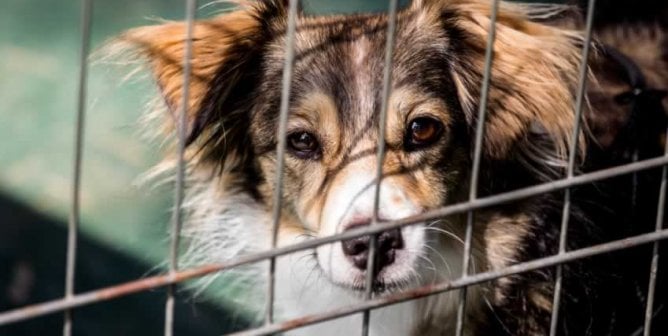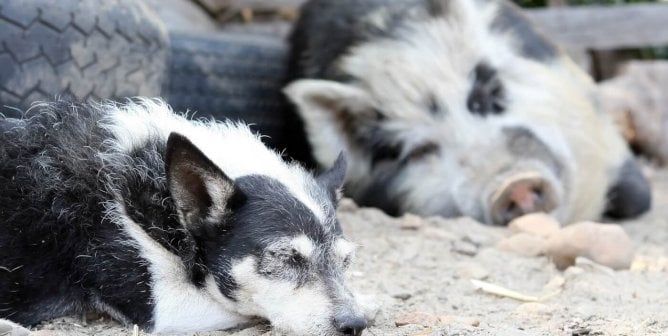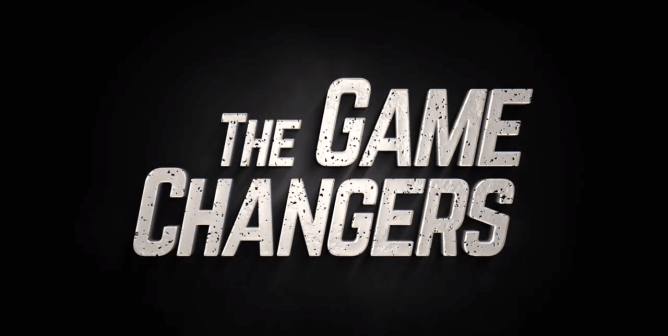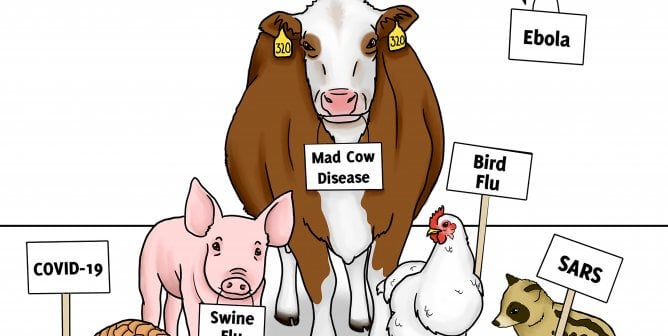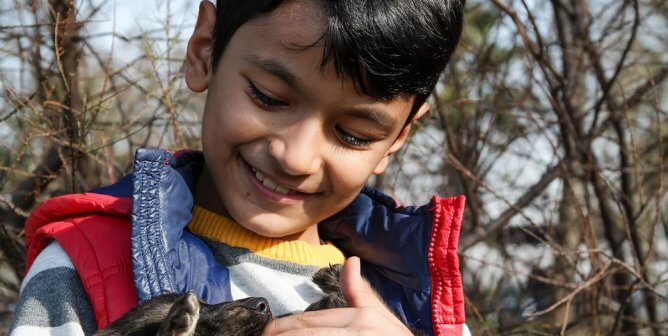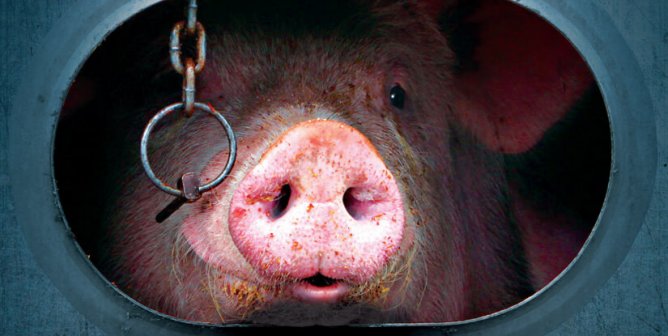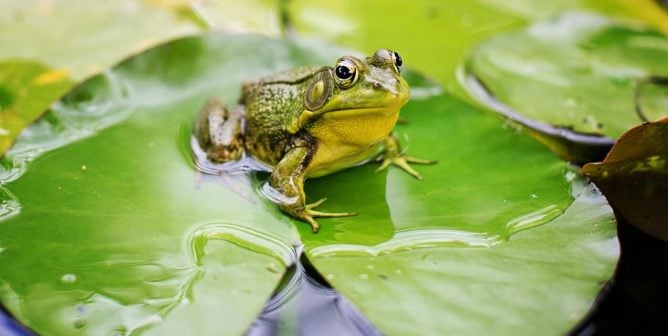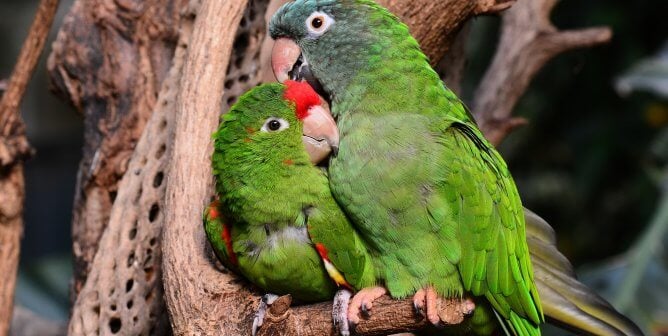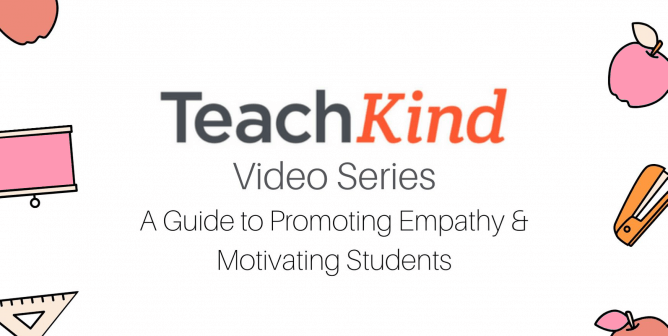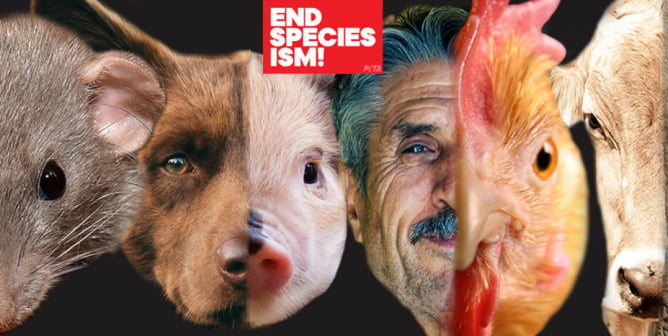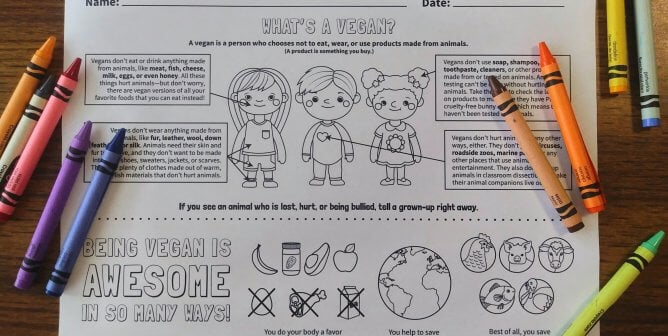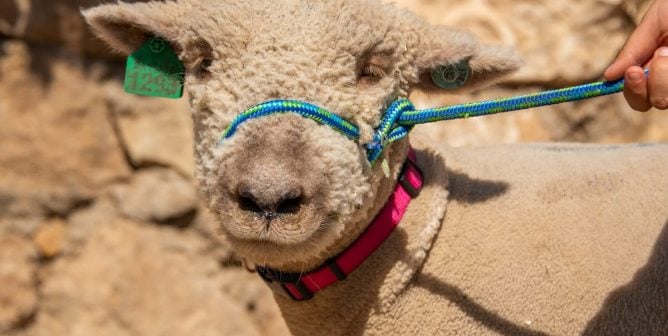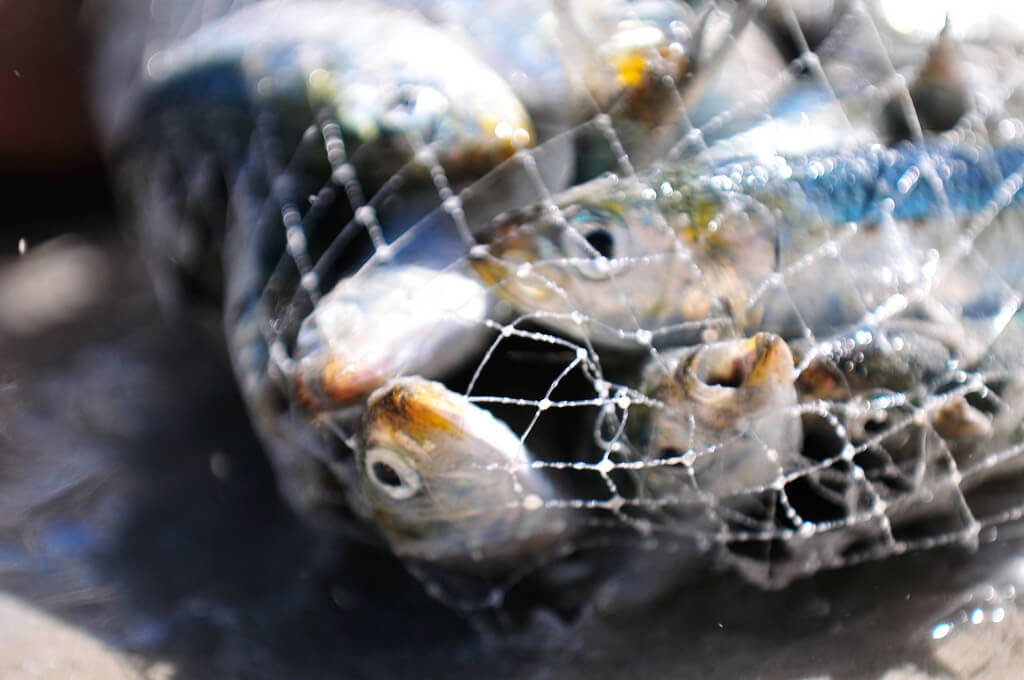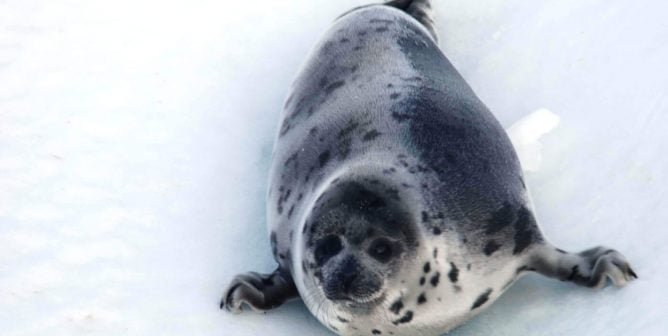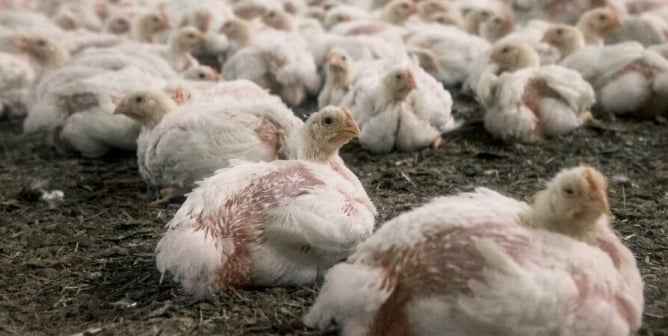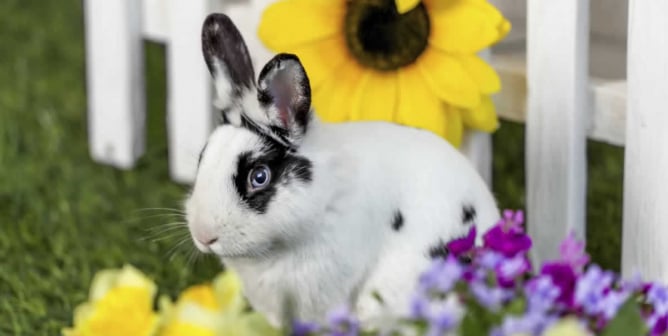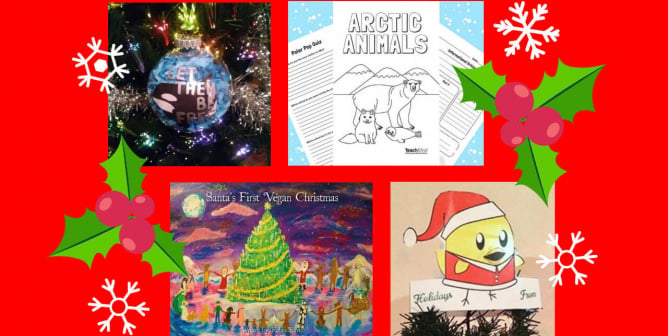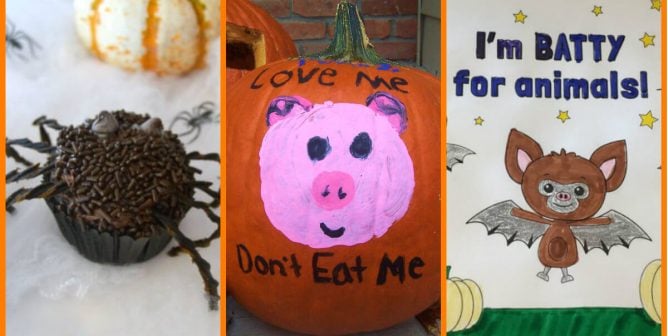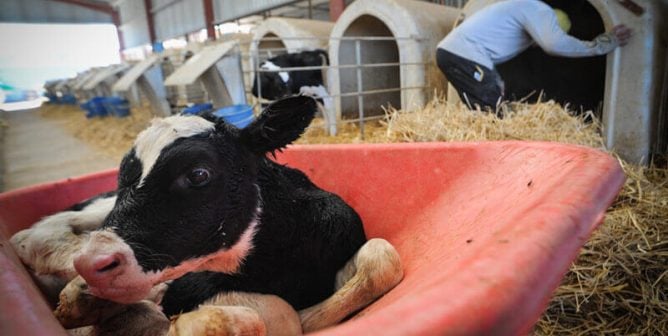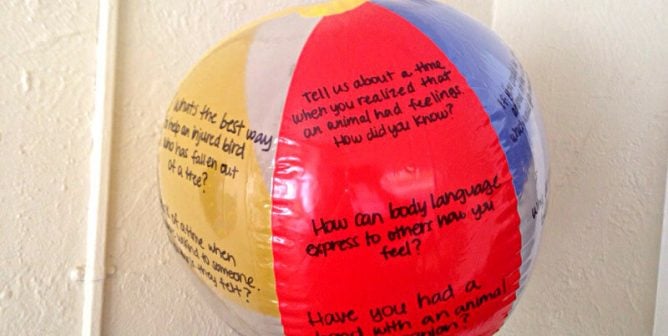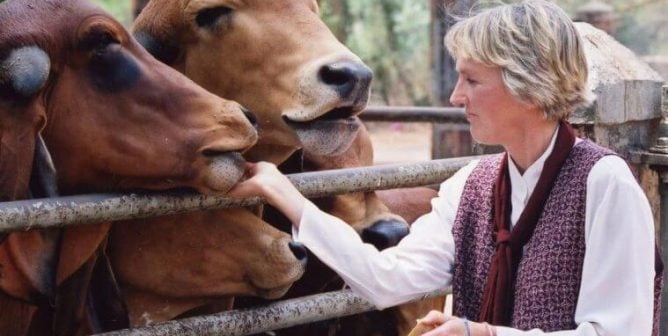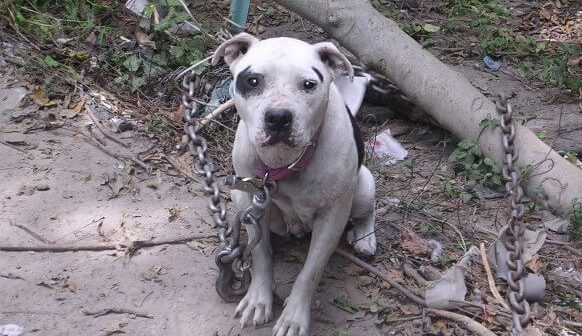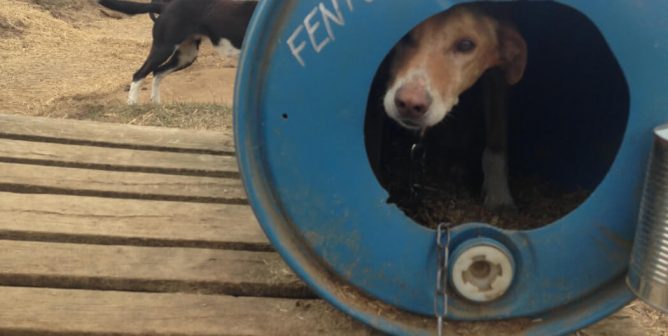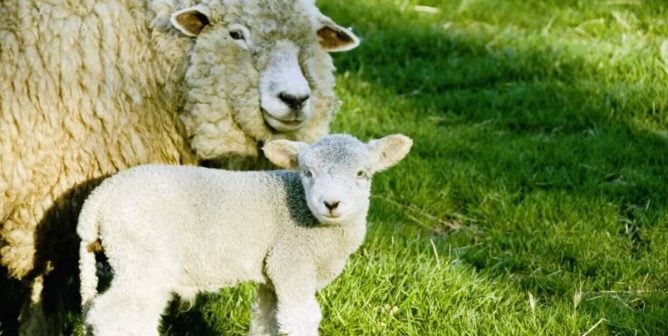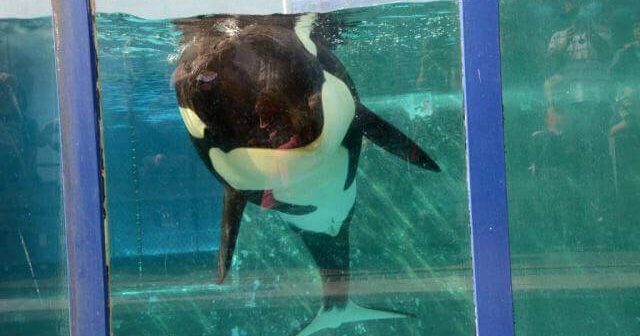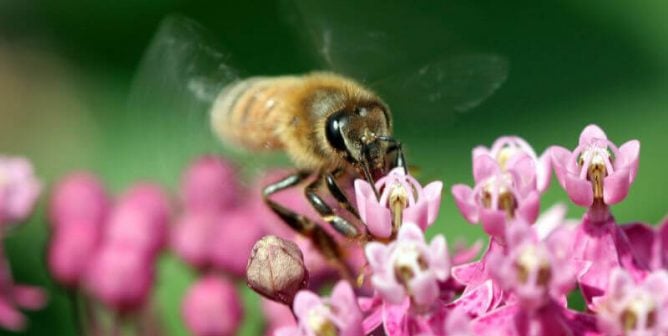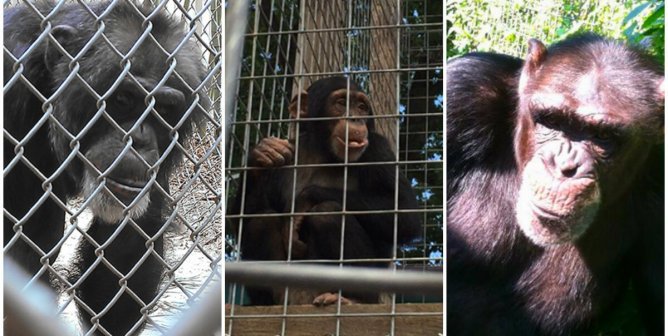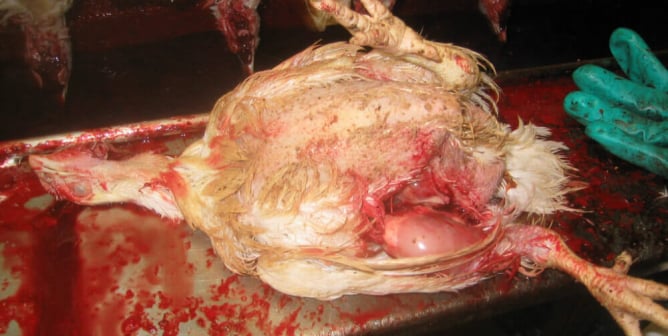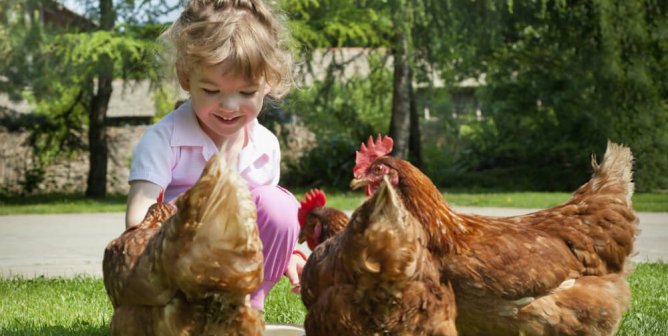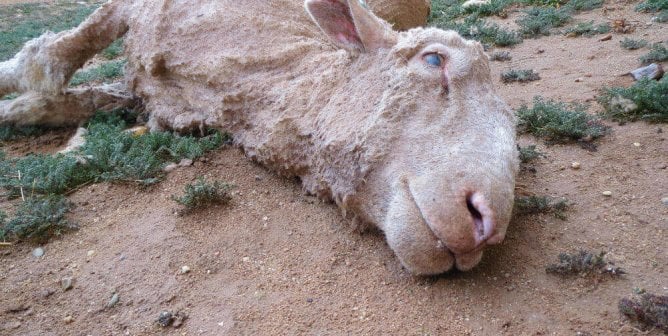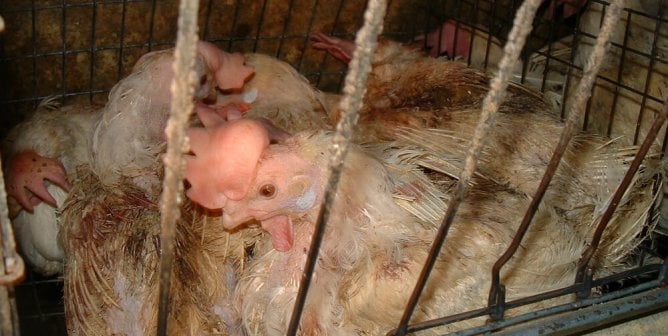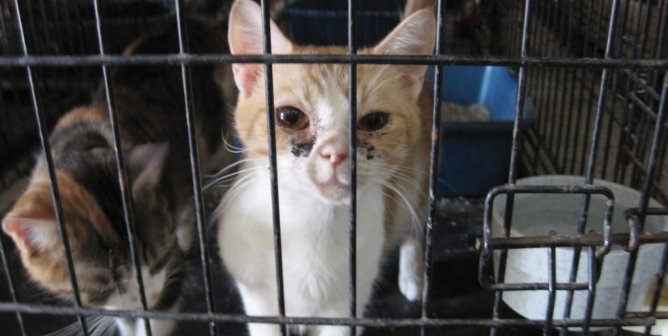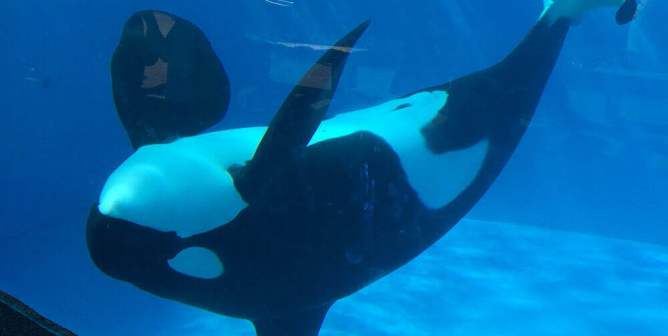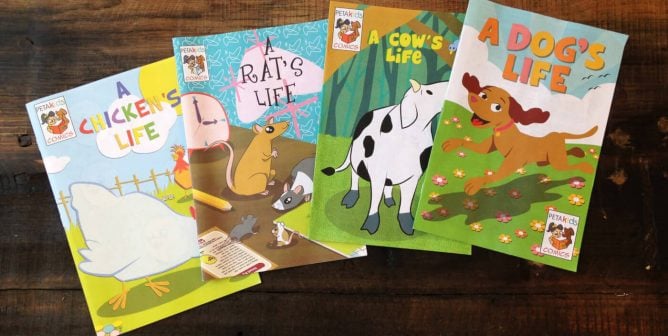Celebrate holidays all year round with holiday writing prompts designed for students of all grade levels. These prompts will inspire students to enjoy writing while reflecting on the important connection between humans and animals, fostering empathy and understanding. As we delve deeper into understanding animals, we discover reflections of ourselves in these sentient individuals. Encouraging … Read more »
Who owns the rights to a photograph taken by a monkey? This intriguing question was at the heart of a groundbreaking legal case involving PETA, representing Naruto, a crested macaque who snapped a series of selfies with an unattended camera, and photographer David Slater, the camera’s owner. Slater discovered Naruto’s selfies after retrieving his camera … Read more »
If you are a teacher, parent, or caregiver who keeps up with educational trends, you’re likely aware of the mental health crisis affecting many young people today. The pressures of academic performance, social dynamics, and personal challenges have led to rising levels of anxiety, depression, and other mental health issues among K-12 students. Addressing this … Read more »
If you ask your students what they think about octopuses, you’ll likely get a variety of responses. Some kids may think these animals are cool, while others may think they’re weird—after all, octopuses have been described as “aliens on Earth.” But once they’ve watched Secrets of the Octopus, a new docuseries from National Geographic, they’ll … Read more »
Are you a homeschooler seeking animal-friendly resources for your home classroom? You’ve come to the right place! With TeachKind’s curated list of resources perfect for at-home learning, it has never been easier to “feed two birds with one scone” by teaching foundational lessons that also foster compassion and empathy for animals. TeachKind’s Top Resources for … Read more »
In this nonfiction reading comprehension worksheet from TeachKind, students in grades 9–12 learn about the groundbreaking Silver Spring monkeys case, including key vocabulary, and answer substantive questions.
Give your students the best experience for learning heart anatomy without using animal heart dissections. Here’s how!
PETA’s docuseries “The Failed Experiment” will capture students’ attention and prove to be a valuable teacher resource for exploring the topic of animal testing.
Dissecting animals’ eyeballs in the classroom is gross, unethical, and easily replaced with this fun, humane, and edible eyeball dissection option!
Looking to teach about social justice issues but not sure where to start? Join us for a free training session!
Make a new word wall using these terms, or integrate compassionate words into an existing word wall to promote empathy for all living, feeling beings.
In some schools, elective course subjects extend beyond the standard art or foreign language classes. More and more schools are incorporating a wider range of electives or bonus classes to help diversify student skills and knowledge. Some schools refer to these as “exploratory classes,” and the subject matter often diverges from the typical K–12 academic … Read more »
Model for students what to do when insects or spiders find their way indoors.
Get students out of their seats and having meaningful discussions about treating all living beings with kindness and respect with this thought-provoking activity.
Executive producer Anjelica Huston presents “Breaking the Chain,” a documentary following PETA’s dedicated fieldworkers as they help neglected animals.
“Seaspiracy” reveals the one thing we can all do to save our oceans and the animals who call them home.
Archaic, cruel animal tests won’t help us quickly find a cure for COVID-19. Innovative scientists are doing things differently—and will inspire your students.
Connect the dots for your students on environmental racism and the meat industry with this guide from TeachKind.
Teach students to act responsibly for the planet and all animals.
Ecologist and writer Carl Safina shares discoveries and anecdotes about the thinking and feeling capabilities of animals.
Show students how easy it is to make every aspect of their meals vegan—with TeachKind.
While studying rhetoric and persuasive writing, students can learn from these eye-catching ad campaigns.
In spite of 2020’s obstacles, humane educators continued teaching their students the importance of being kind to animals.
Una colección de recursos de TeachKind en español.
Animals are living, feeling beings—not inanimate objects.
Challenging Assumptions helps teachers educate students about social justice issues in a way that is engaging and inspires them to effect meaningful change in their own communities.
Students can use this kit to prepare an argument stating that “no-kill” policies at animal shelters have unintended consequences and increase animal suffering.
El actor Joaquin Phoenix usa su éxito para crear más conciencia sobre los animales; su historia también puede ayudar a inspirar a tus estudiantes a alzar la voz por los animales.
Actor Joaquin Phoenix uses his success to raise more awareness for animals—and his story can help inspire your students to speak up, too.
TeachKind invites summer school educators to supplement their curriculum with our humane education activities and lessons.
Speciesism, the misguided belief that one species is more important than another, is deeply engrained in our society, but it can—and should—be unlearned.
A former UFC fighter discovers an elite group of athletes proving that everything he’d been taught about protein was a lie.
While you’re teaching virtually, make use of our array of interactive digital resources.
Keep kids learning at home with compassionate lessons.
Help your students piece together the COVID-19 puzzle and draw their own conclusions.
In this time of self-isolation, students can still hone their social and emotional learning skills with TeachKind resources.
“Animalkind” is a fascinating study of reasons why our fellow sentient beings deserve our respect—and it also suggests steps that every reader can take to put this new understanding into action.
This National Library Week, take advantage of TeachKind’s many literary resources from the comfort of your own home.
“Test Subjects” exposes the pressure on young scientists to hurt animals—even when doing so is contrary to good science.
“The Chain” offers a look inside the seemingly opposing worlds of an undercover animal rights investigator and slaughterhouse workers and their families.
TeachKind’s list of science resources will have your kids learning quickly and humanely at home!
Teach your students to better understand other species— because the more we learn about animals, the more we realize that animals are just like us.
TeachKind offers many free resources to help teachers instill kindness in their students—here’s how your class can take advantage of them.
Help students learn about and relate to animals—and reflect on the animal issues they learn about—on a regular basis.
Use these resources to further students’ understanding of various animal rights issues. The application of this age-appropriate material can promote compassion and empathy for all living, feeling beings. Click on the image to download the file. Click on the text below it to access the corresponding lesson.
All animals deserve rights and equal consideration, and speciesism is an unjustifiable bias. Have students use this kit to explore the reasons why.
With a little creativity, you can teach any positive character trait through humane education.
Being vegan is simple, but the ethics behind a lifestyle that doesn’t use animals are complex. Use TeachKind resources to explain them to students in easy-to-understand terms.
No matter what they call it, using animals in experiments is wrong—period.
Set aside some time to make vegan ice cream with your students in the classroom.
Can you imagine oceans with no fish in them? According to some researchers, that might be the situation by 2048 if humans keep eating as many fish as they do now.
The Canadian government should end its funding of the commercial seal slaughter immediately. Have students use this kit to explore the reasons why.
As mental-health and law-enforcement experts well know, people who demonstrate a blatant lack of empathy by committing violent acts toward animals often go on to harm humans as well.
Animal agriculture is cruel, unsustainable, and bad for the environment. Have students use this kit to prepare an argument stating how we can help heal our planet by choosing vegan foods.
Poetry can inspire deep emotional responses in students. Teach them to use this genre to express their compassion and to discover and develop their voice for animals.
Check out these fresh and fun activities to celebrate the season.
Get a head start on the winter holiday by bringing some animal-friendly cheer to your class!
Why do some people claim to love animals but also eat them? Explore this and other examples of cognitive dissonance with your class.
Spaying and neutering companion animals is vital to ending the animal-overpopulation crisis. Students can use this kit to prepare an argument stating that sterilizing companion animals should be mandatory.
Animal testing is ineffective, unethical, and wasteful. Have students use this kit to prepare an argument stating why animals shouldn’t be used for experimentation.
From teaching Halloween-themed lessons to dressing in costumes and handing out vegan treats, there are many ways to speak up for animals at school this time of year.
Teach students about the environmental impact of animal agriculture and ways they can work to save the planet and animals with this lesson plan.
Many civil rights proponents have extended their compassion to animals. Teach your students about the connection they made between struggles.
Eating animals is cruel, unsustainable, and unethical. Have students use this kit to prepare an argument stating how we can help animals by making the switch to vegan eating.
Get your students to bond and start thinking about empathy toward animals and each other with this fun activity.
Meet the woman behind PETA, Ingrid Newkirk, and explore the intersection between women’s rights and animal rights with our free lessons.
Teach students how hard life can be for chained dogs—and show them how they can make a difference for dogs everywhere.
A comparative study of human and nonhuman skeletal structures reinforces the fact that we’re alike in all the ways that matter most.
A child’s affinity for animals transcends language
Teaching comparative anatomy? Use this video and other resources to remind students that we’re all animals and the same in all the ways that matter!
Captivity hurts orcas! Introduce students to the hidden lives of orcas used for entertainment.
Use this documentary to introduce your students to the hidden lives of dogs exploited by the dog-sledding industry.
¡Vestir lana lastima a las ovejas! Enséñales a tus alumnos las vidas ocultas de las ovejas usadas para producir lana.
Create lessons that merge academic skills with compassion—a win-win situation for all.
This kit is an essential tool for helping your students speak up for animal rights, counter opposing viewpoints, and excel in a debate.
There’s nothing quite like a mother’s love. Teach your students how animals cherish their babies.
Wearing wool means hurting sheep! Introduce students to the hidden lives of sheep who are used for wool.
Meeting curricular goals without harming animals is a win-win situation for students, teachers and schools. Long gone are the days of dissecting formaldehyde-laden animals and stuffing live fish into 2-liter bottles. Because our knowledge of animal sentience has evolved, science educators are increasingly rejecting those lessons in cruelty. Rather than defaulting to archaic animal experiments … Read more »
No one deserves a life of isolation and deprivation. Your students can make 2016 a year of freedom for chimpanzees in captivity!
No lesson on the proper disposal of waste and recycling would be complete without examining how our trash can hurt animals—and how to prevent harming them.
Animal rights and human rights are inextricably linked. For this lesson, use Dr. King’s words to inspire your students to speak up for all beings.
With this short video, get your class thinking about some of the MANY reasons why people choose to go vegetarian.
Here are some easy ways to get your students thinking about animal rights.
Teaching compassion is key to building a more peaceful and kind society. Use this worksheet to help your students embrace differences and respect others.
Animals are not science projects, and there are better ways to learn about our world! Check out these humane project ideas that your students will love.
When it comes to buying household products and cosmetics, we all have the choice to say no to cruelty! Empower your students with this lesson on animal testing.
Introduce students to the animal rights movement with this moving, informative, and empowering video!
TeachKind’s “Change for Chained Dogs” pack makes fundraising for animals easy!
Teach your students not to be “wooly bullies” with this fun activity.
Where do eggs in grocery stores REALLY come from? Get students thinking critically about egg production and the lives of chickens!
Show your students that their choices can save lives.
Teach your students that captivity is wrong, and have them write to SeaWorld.
TeachKind will send you FREE comic books, activity books, and more.






